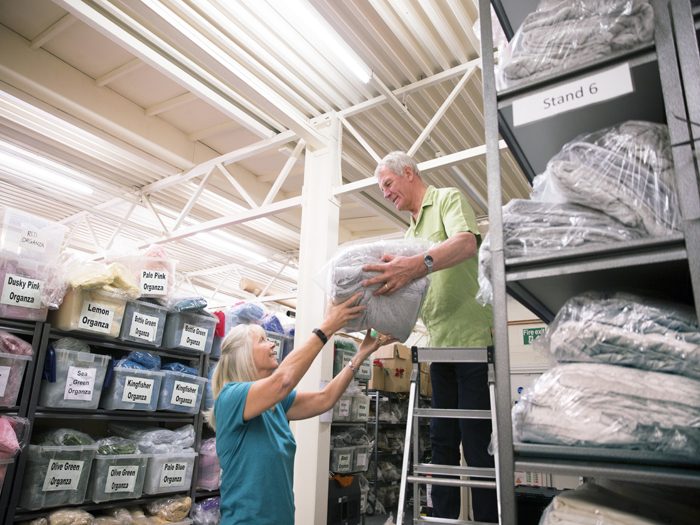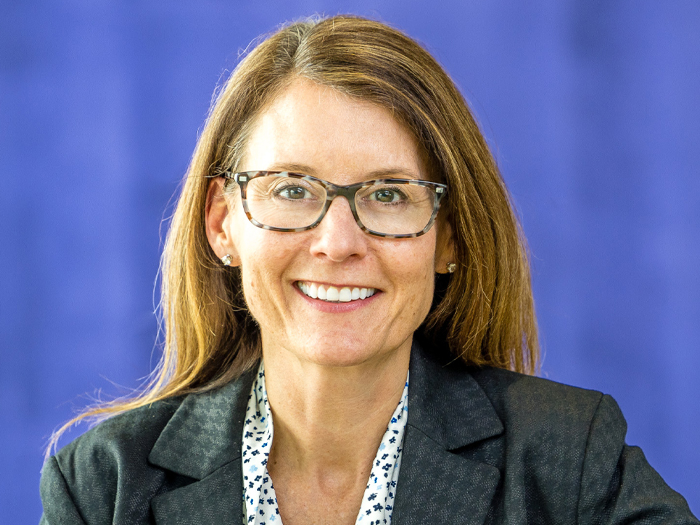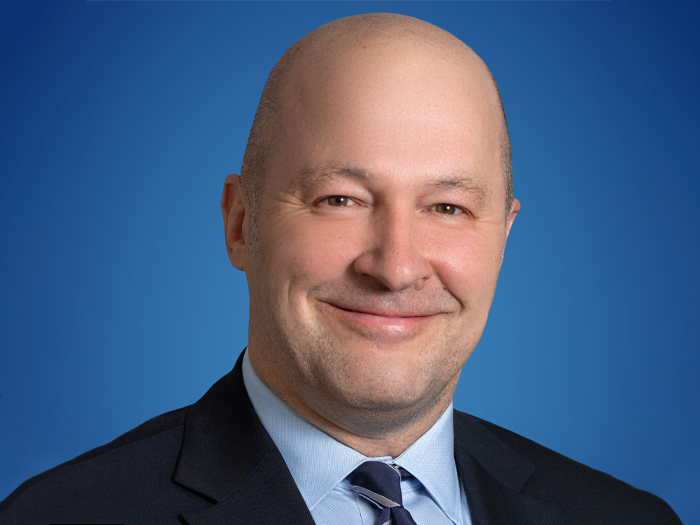CLM’s Workers’ Comp and Retail, Restaurant and Hospitality Conference Goes Virtual

“What comes next?” It’s a question people are hearing a lot these days as the United States prepares to start reopening after months of shelter-in-place orders due to COVID-19.
Through its upcoming 2020 CLM Workers Compensation and Retail, Restaurant & Hospitality Conference, the Claims and Litigation Management Alliance will tackle that question head-on for people working in some of the most precarious industries.
The pandemic has resulted in billions of losses for the retail and hospitality sectors, many of which are not covered by traditional business interruption policies.
The restaurant industry isn’t faring much better, with some reporting millions in losses and others closing permanently. Those that have been able to remain open have been thrust into a completely new work environment where delivery and takeout reign supreme.
“You’re going to see a lot of, ‘so what comes next?’ ” said Claire Muselman, director of workers’ compensation for Continental Western Group and a speaker at this year’s conference. “The future of work is here now, because that’s what we all just got thrust into over the last couple of months.”
While COVID-19 is certain to come up during the event, it’s not the conference’s sole focus.
Many other topics that pertain to the future of the workplace in these industries will also be highlighted, and attendees will receive a lot of practical advice that they can implement right away at their own companies.
The Industry’s Moving Forward
The future of work has been a buzzword for a number of years now. People use it to refer to everything from increased digitization in the workplace to the adoption of new benefits, such as remote work, at many companies.
But it’s not just buzz.
The workers’ compensation issues facing restaurant, retail and hospitality spaces are changing in many ways. COVID-19 has simply taken center stage as the primary challenge at the moment, and that won’t change when reopening begins.
“Compliance with the respective COVID-19 return-to-work guidelines will be the largest concerns for both sectors,” said Cathleen Kelly Rebar, a partner at the law firm Rebar Kelly and a co-chair and co-lead of the conference.
“Small businesses that were struggling to manage their staff and quality controls already will face further hurdles in those areas, and we expect to see many businesses shutter instead of returning under the imposed conditions.”
In addition to the problems created by COVID-19, these sectors face new risks every day.
The rise of online shopping has pushed many major retailers, such as Barney’s, to bankruptcy, while workers’ compensation faces the same talent gap as many insurance sectors.
The conference will give attendees new perspectives on some of these common challenges, and it will leave them with practical ideas to apply to their own programs.
“What I’ve liked the most about CLM conferences is the dialogue that comes through there, with examples of people who are trying new things or people who have successfully implemented new things,” Muselman said.
Sessions You Can’t Miss
With 34 sessions on a variety of industry hot-topics spread over three days, the conference has a packed agenda.
Sessions will dive into a broad range of topics, from how to develop safe drug-use policies now that marijuana is legal in many states, to the role of human interaction in a world of digitized claims.
Muselman highlighted several sessions she thinks will be valuable for attendees to watch during this year’s conference, including “Human Trafficking — The Silent Risk,” “Find, Develop & Retain – Mining the Next Gen of Leaders,” and “Is It a Bot World? Can Digitized Claims Replace Human Touch?”
The sessions on insurance’s next generation of leaders and digitized claims will likely have particular relevance for upcoming years.
“I think what the pandemic has shown us is that people strive for that human connection,” Muselman said.
Rebar and Muselman will both be speaking at the conference as well.
Rebar will be speaking alongside Dr. Tamara Cohen, senior biomechanist at ARCCA; Gwyneth K. Murray-Nolan, partner at Weiner Law Group; and Jayne Spies, claims manager for the Oklahoma Municipal Assurance Group, during the session “Slip, Trip, and Fall — Managing These Cases in a Retail, Restaurant, and Hospitality Environment.”
They will discuss how slips, trips and falls — one of the most common types of workplace injuries in the retail, restaurant and hospitality sectors — can be prevented, what factors are involved in determining liability for employee injury and how biomechanical engineers evaluate the injury.
Muselman will be speaking on the panel “Light Duty Works, If You Do” with Lindsay Beach, technical claims consultant at Amerisure Mutual Insurance Company; Beth Burry-Jackson, vice president clinical operations at Sedgwick; and Kirsten Kaiser Kus, partner at Bryce Downey & Lenkov.
Their discussion will detail creative ways to get injured workers back to work, including worker surveillance and vocational rehabilitation. They’ll also touch on how COVID-19 has affected return-to-work.
“I always think return-to-work is such a fun topic, because there’s always something new going on,” Muselman said. “All of these industries have to rethink the light duty return-to-work programs right now with so many people not having actual employment to return to.”
While the conference may have had to go virtual due to COVID-19, Rebar said the quality of the speakers is still top-notch and attendees are sure to walk away with valuable information that they can bring back to their companies.
“It is a rare find to have such a dynamic group in one place, virtually, at one time,” she said.
An Interactive Virtual Experience
The CLM WCRRH conference won’t just be forward looking. As an entirely digital conference due to COVID-19, it will also feel futuristic and not just like an average webinar.
“I love the platform we’re using,” Muselman said. “It helps things feel more interactive, like you’re actually participating versus it just being another webinar.”
Muselman said that the platform would allow speakers to interact with attendees during the sessions, which would allow the conference to avoid the talking-head feel that many virtual conferences have. Rebar says the goal is to create the same kind of reinvigorating vibe that occurs at an in-person event.
“Given the circumstances of COVID-19, we are hoping to have engagement and reinvigorate our professionals,” she said. &










